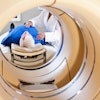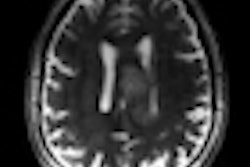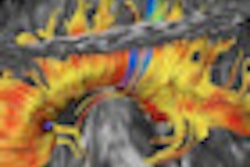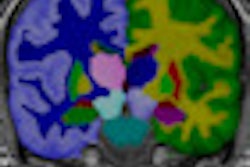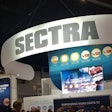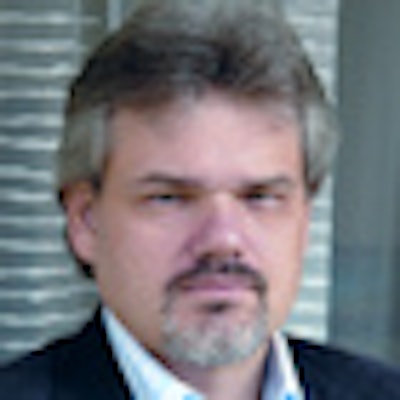
It's now feasible to crack the code of the human brain, claims Dr. Rainer Goebel, who leads the Brains Unlimited project at Maastricht University in the Netherlands. Thanks to the approval of 10 million euros ($14 million U.S.) in funding from the Limburg Province, Brains Unlimited plans to install three new MR systems of 3, 7, and 9.4 tesla by July 2012.
"The ultrahigh magnetic field scanners will allow us to view the anatomy and function of the brain in vivo with a much higher level of detail," said Goebel, who is a professor in cognitive neuroscience at the faculty of psychology and neuroscience. "We hope to unravel the coding principles of the brain."
 Dr. Rainer Goebel hopes to unravel the coding principles of the brain.
Dr. Rainer Goebel hopes to unravel the coding principles of the brain.
In January 2011, the Maastricht team received a 2.5 million euro ($3.6 million U.S.) grant from the European Research Council for its study into the functional organization of the human brain.
"The brain is organized in many specialized areas, such as the fusiform face area, which responds almost only to faces," he explained. "But it is not yet known how the brain 'codes' a face. For example, are there neuronal populations coding for eyes, nose, hair, and mouth?"
They will also investigate how letters and words are coded in the brain's language-related areas, and how the structure of musicians' ears differs from those of other people.
High-field MRI beyond 7-tesla achieves functional resolution at the submillimeter level, where studies show neurons with similar response properties appear to spatially cluster into functional units or cortical columns.
"With a massive attempt to crack the columnar-level code in as many areas as possible, we will ultimately reach a deeper understanding about how the mind emerges from simpler units in the brain," Goebel said.
He hopes the new MRI infrastructure will create a versatile and powerful research tool with intertwined functions. The whole-body function of the new Siemens Healthcare systems may open doors to other biomedical research areas for anatomy, cardiovascular, oncology, and pharmacology with the new functional imaging capabilities, enabling explorations into the causes of multiple sclerosis, Alzheimer's disease, Parkinson's disease, epilepsy, and tumor growth.
Siemens manufactures the only 9.4-tesla MR system approved for human imaging in a hospital setting. Machines of this field strength currently used at university research centers tend to be smaller bore scanners for animal studies.
Goebel is the developer of BrainVoyager, a cross-platform neuroimaging software package for the analysis and visualization of functional and structural MRI datasets. He also offers the Brain Tutor 3D application for the iPhone and the Brain Tutor High Definition application for the iPad.
